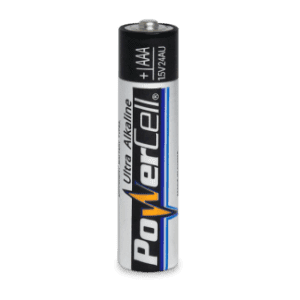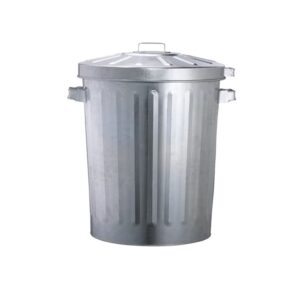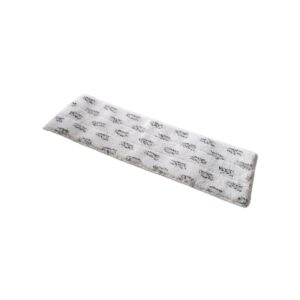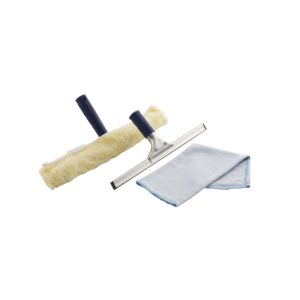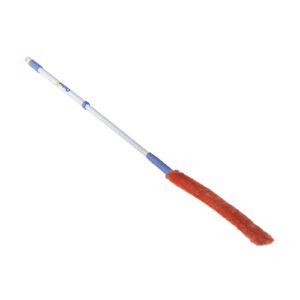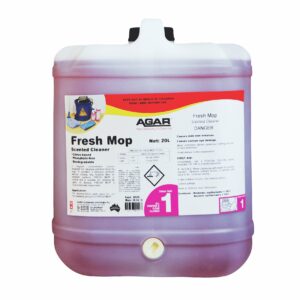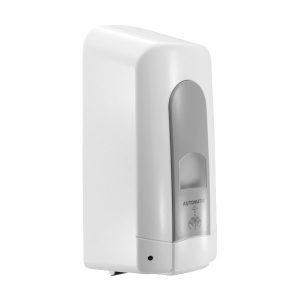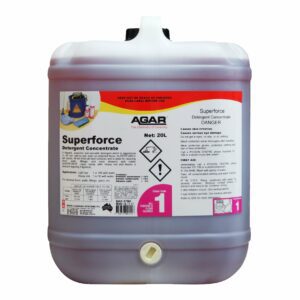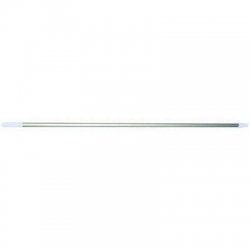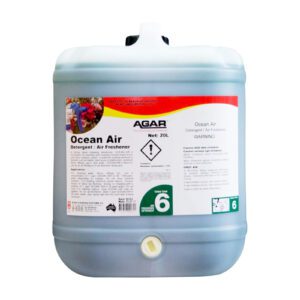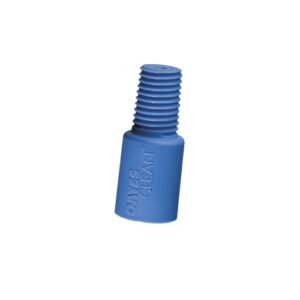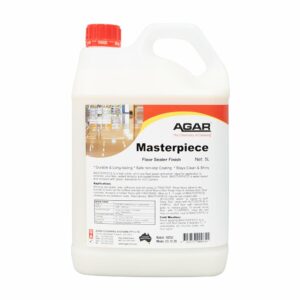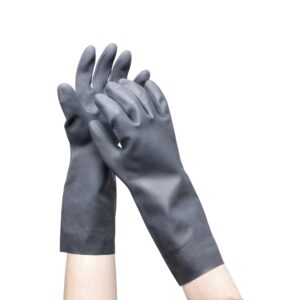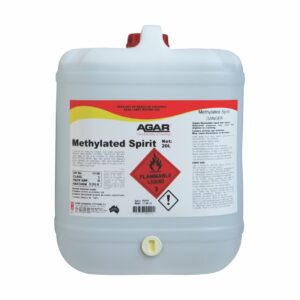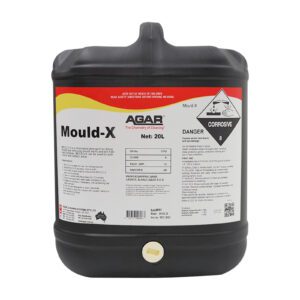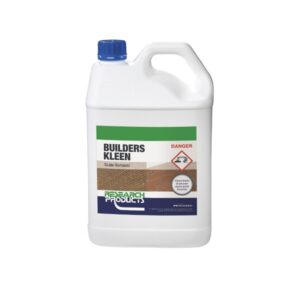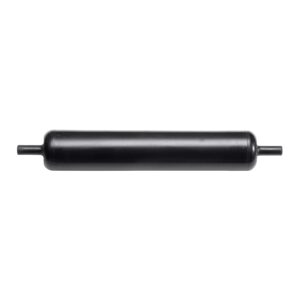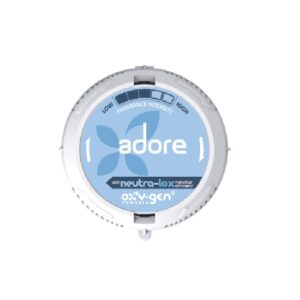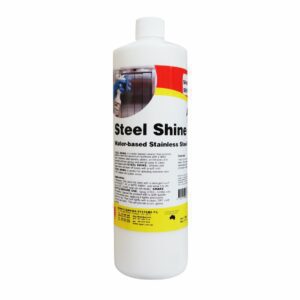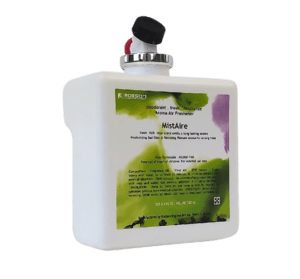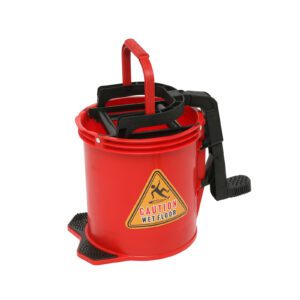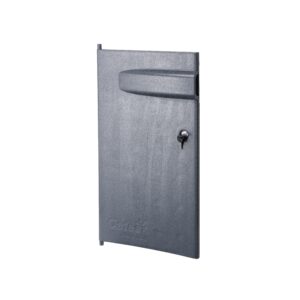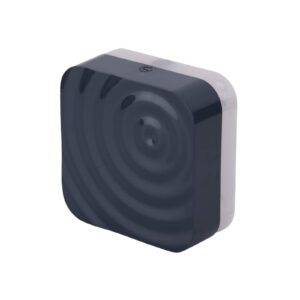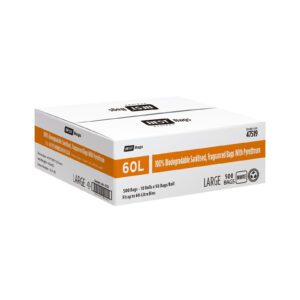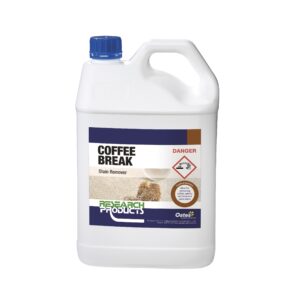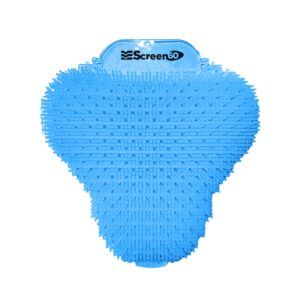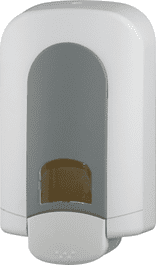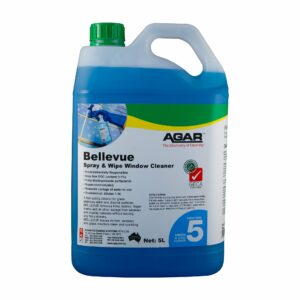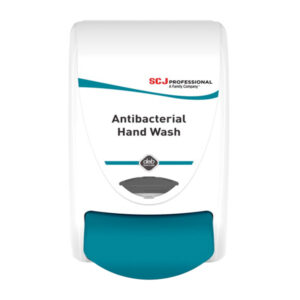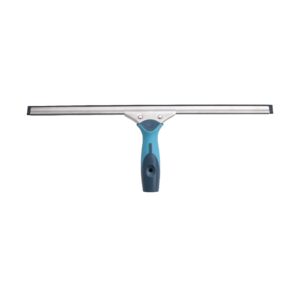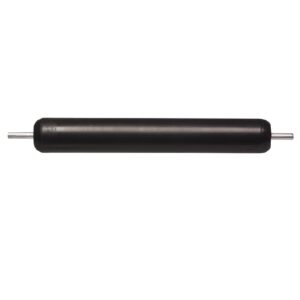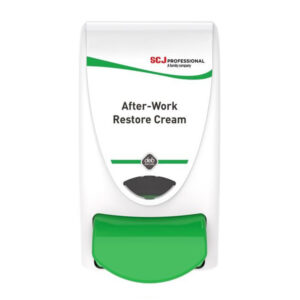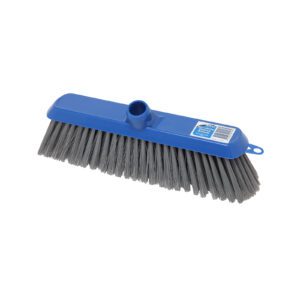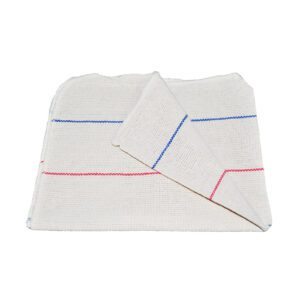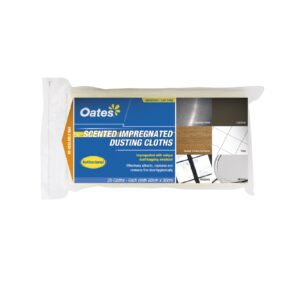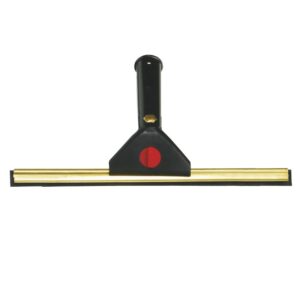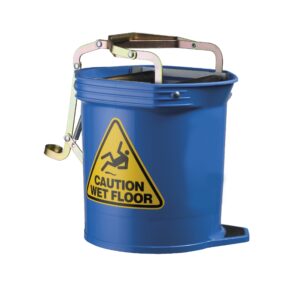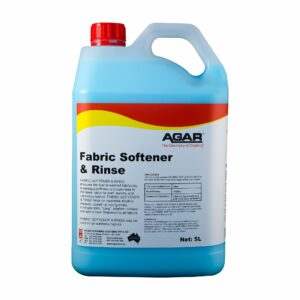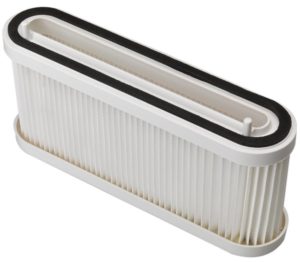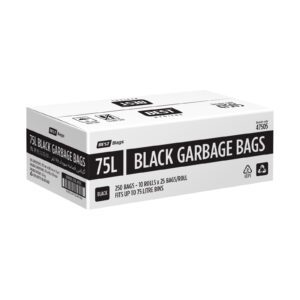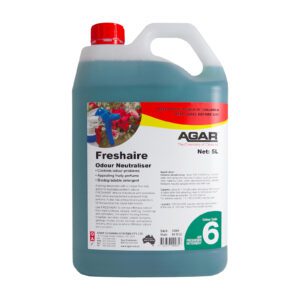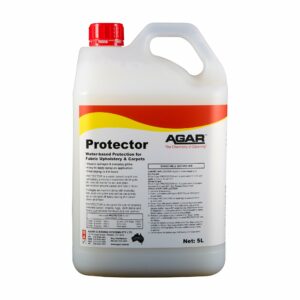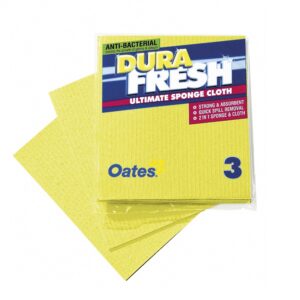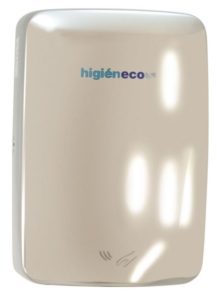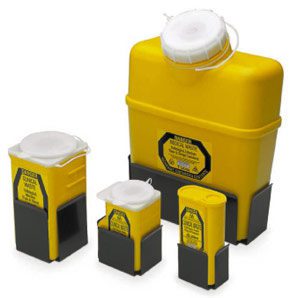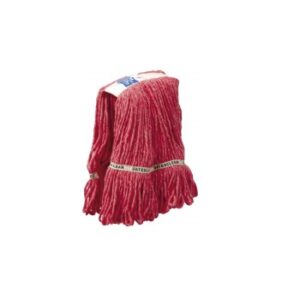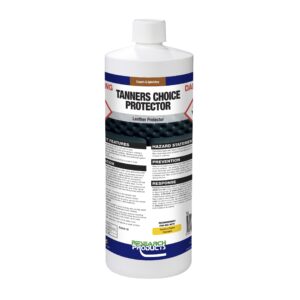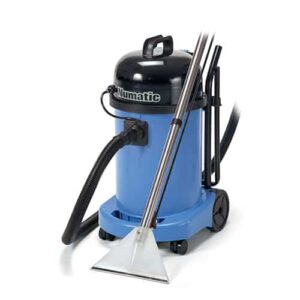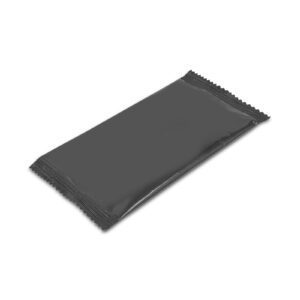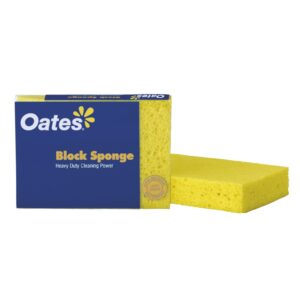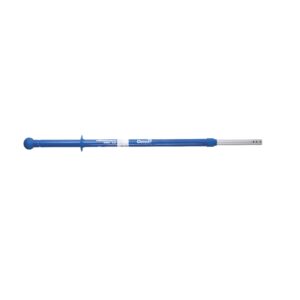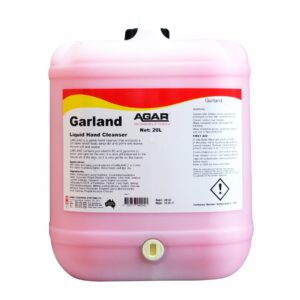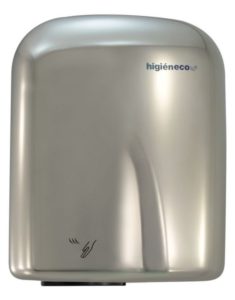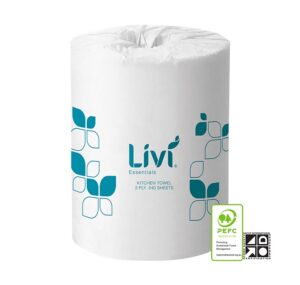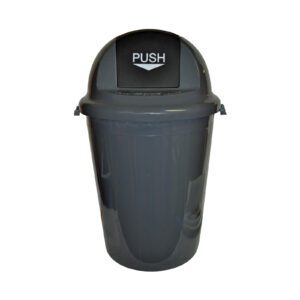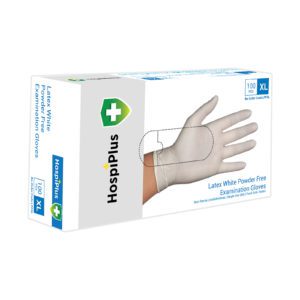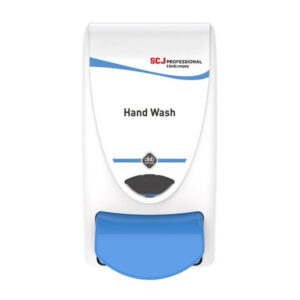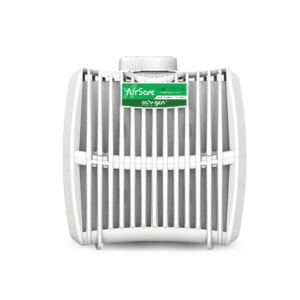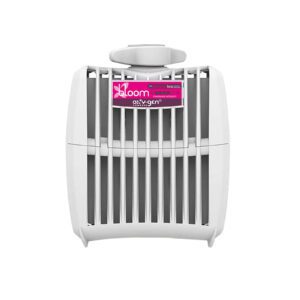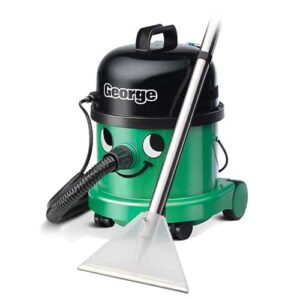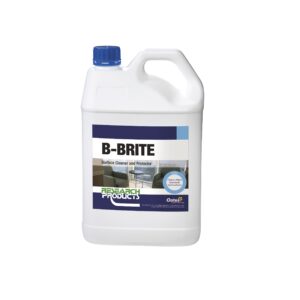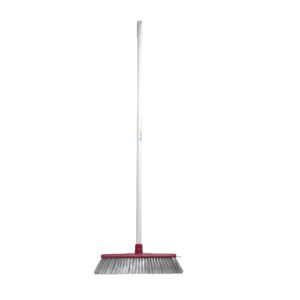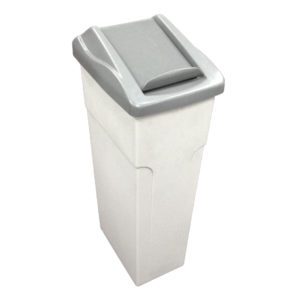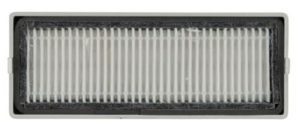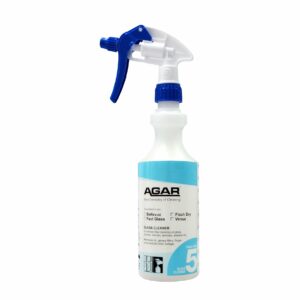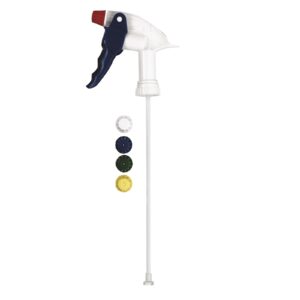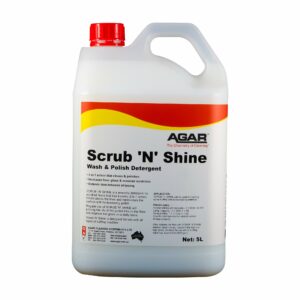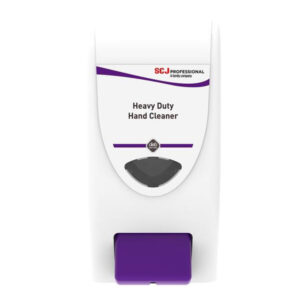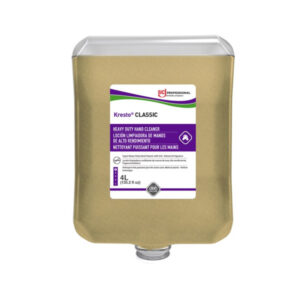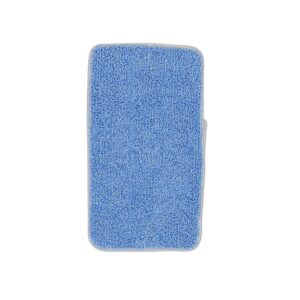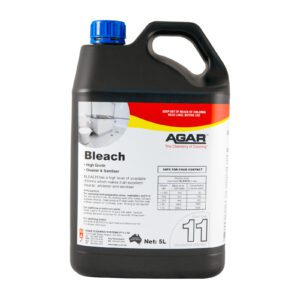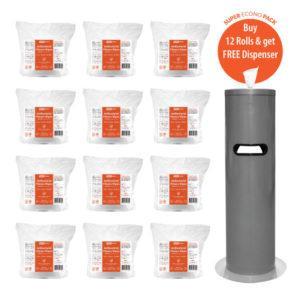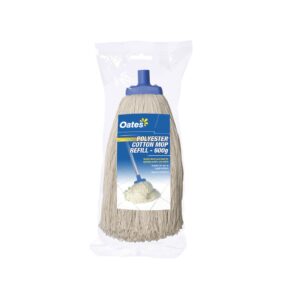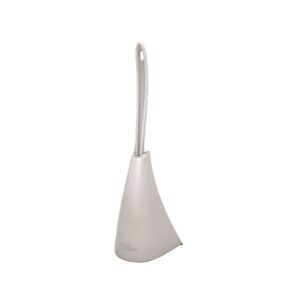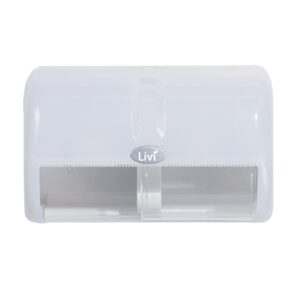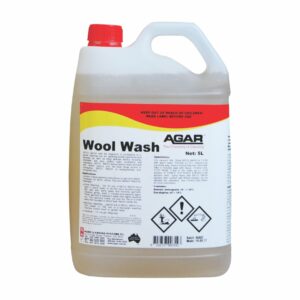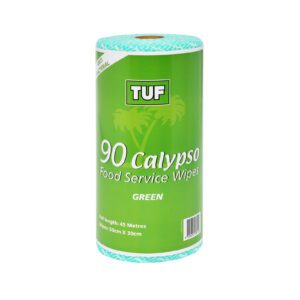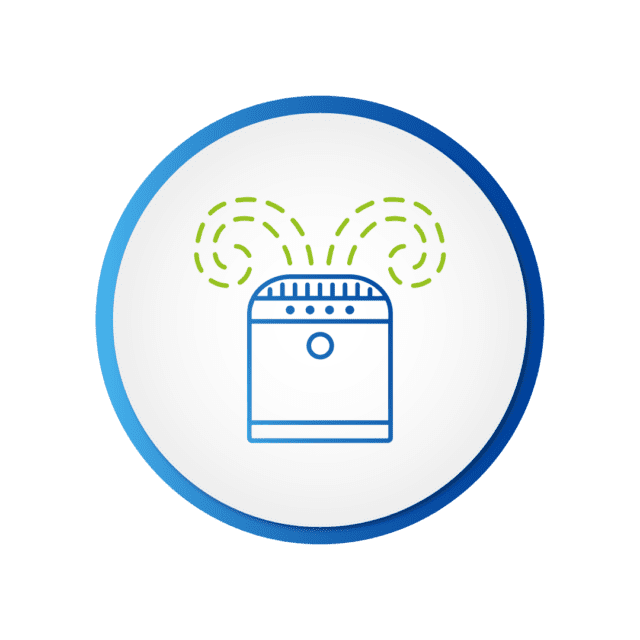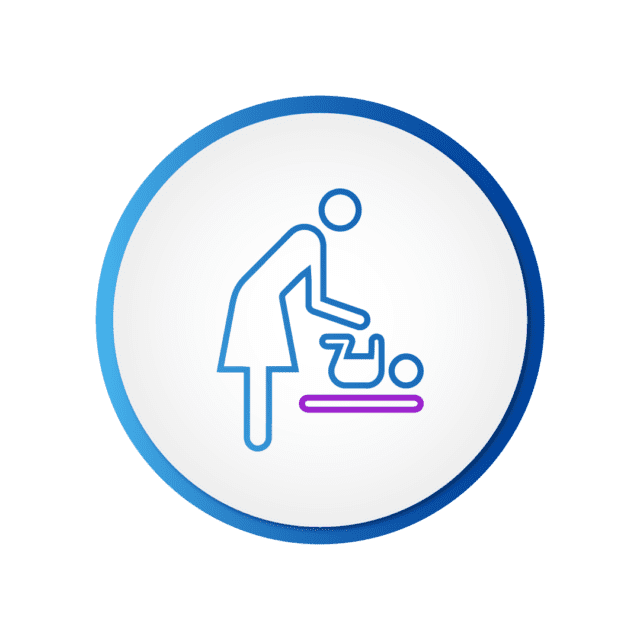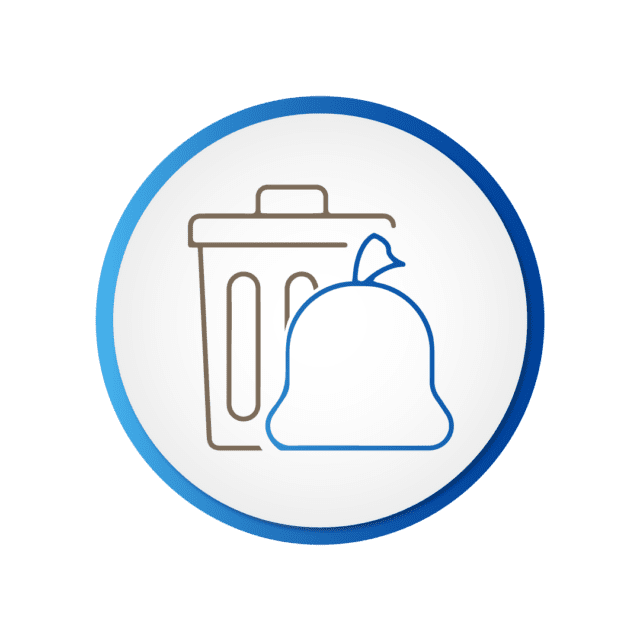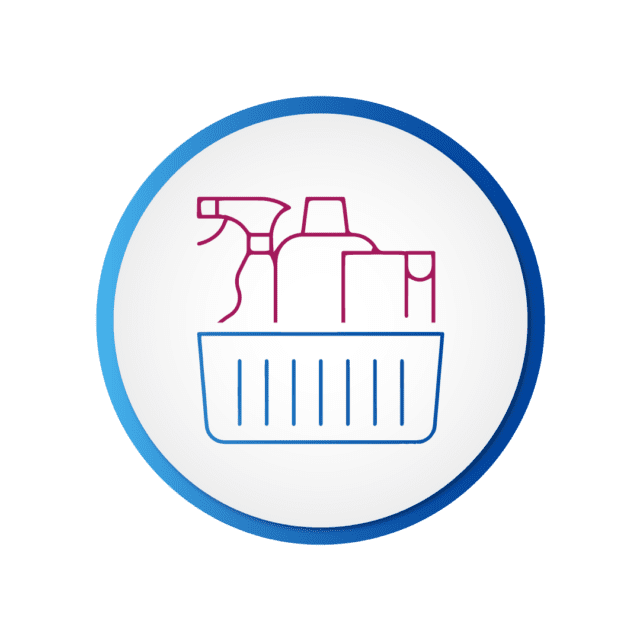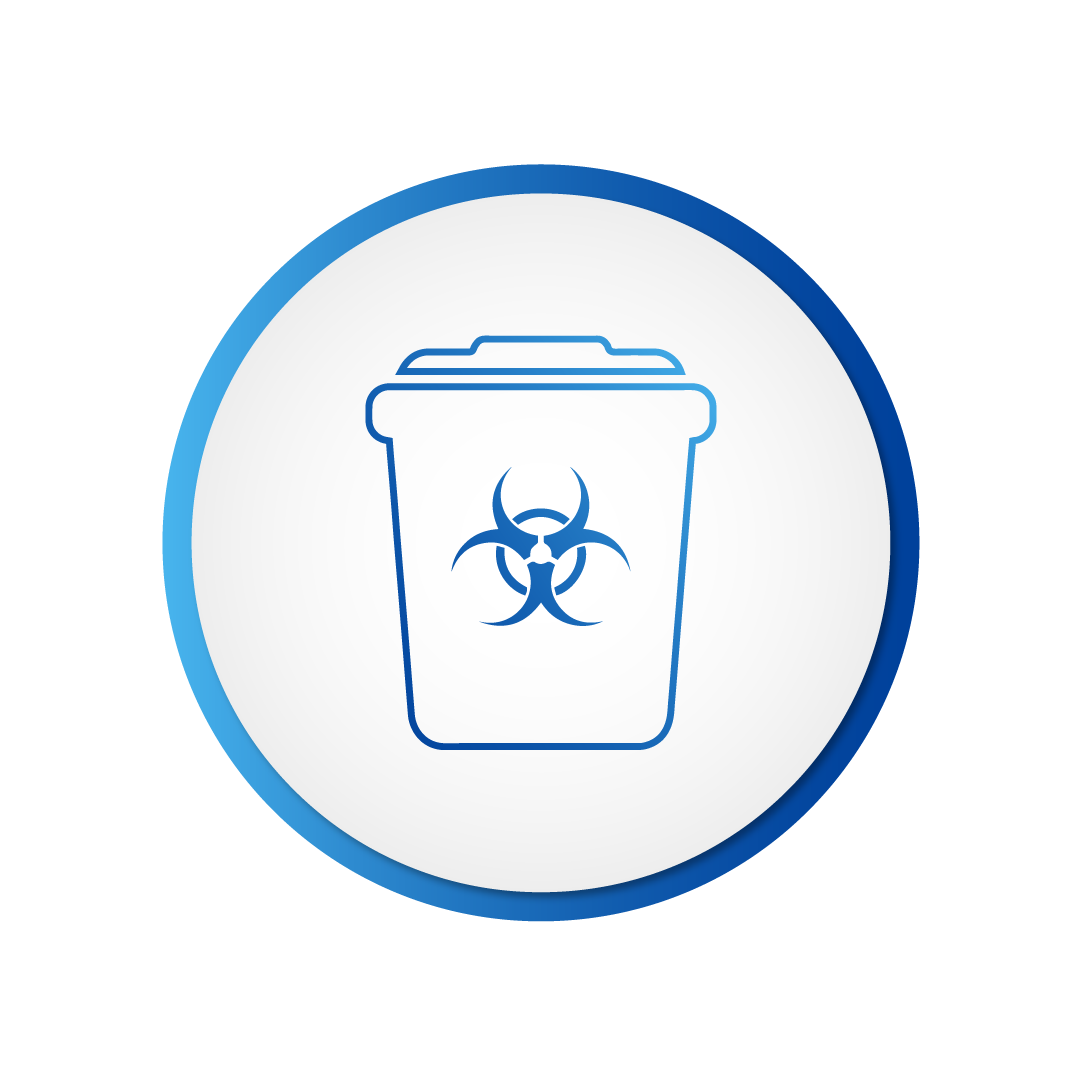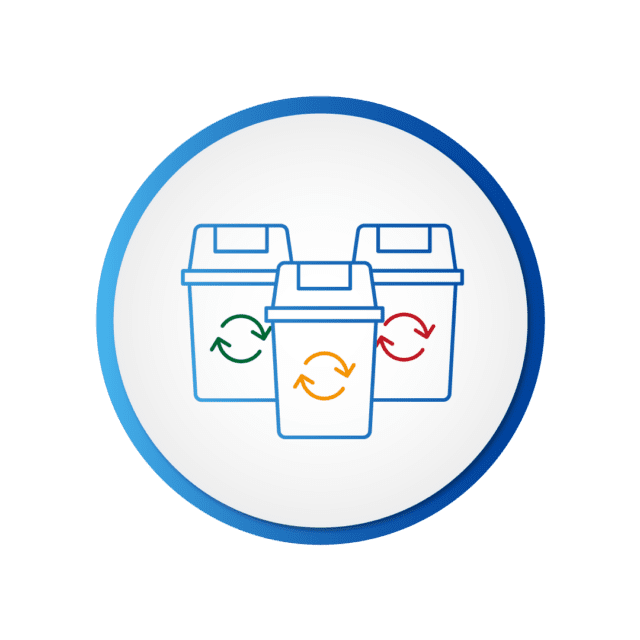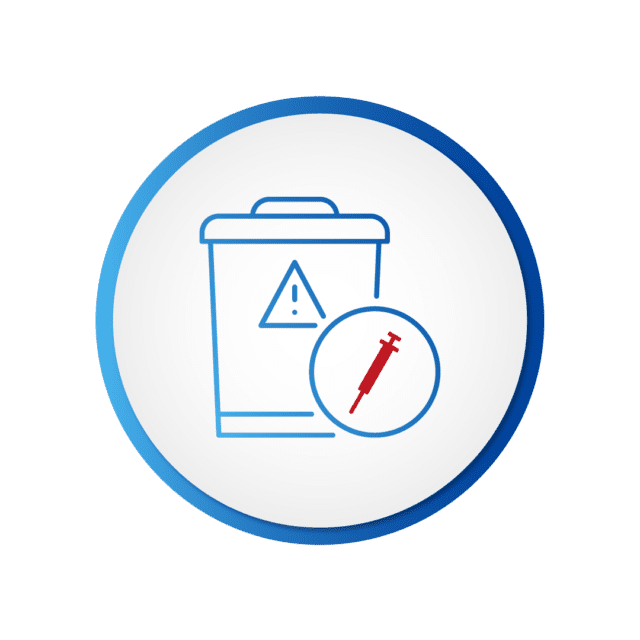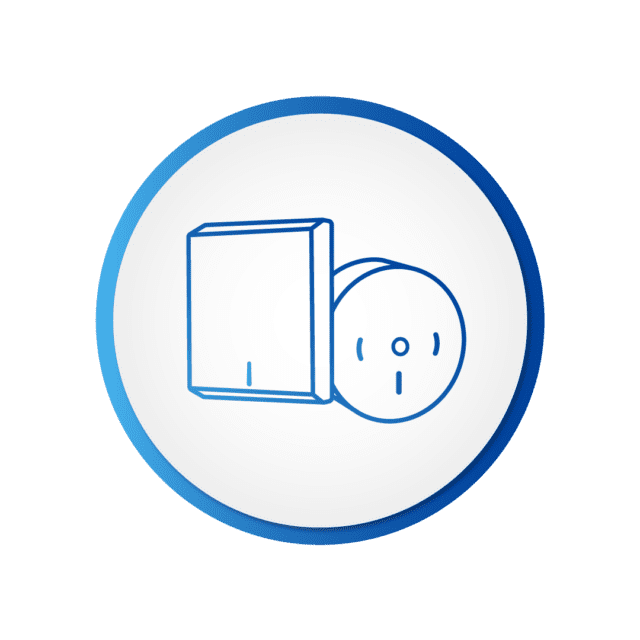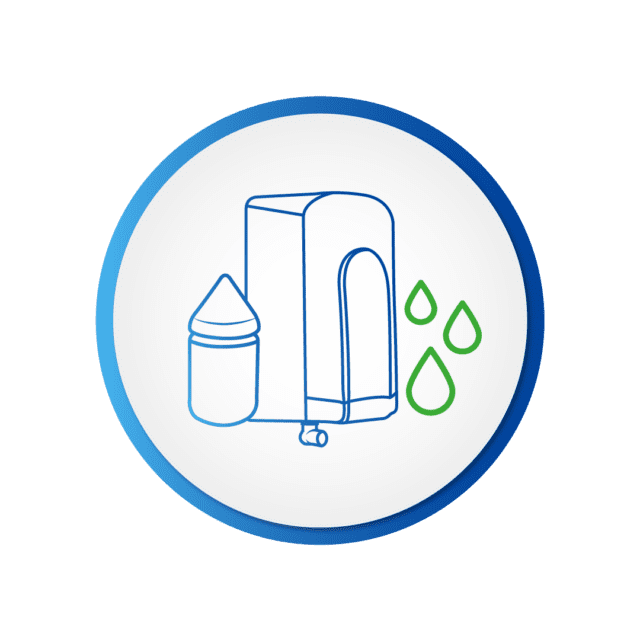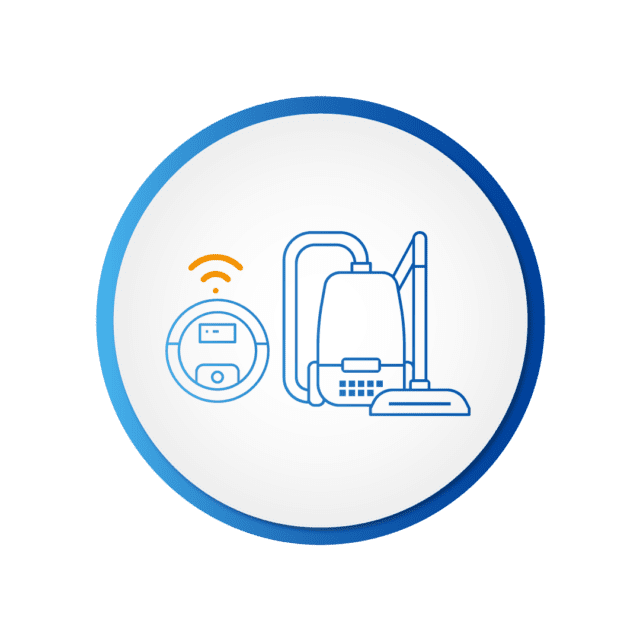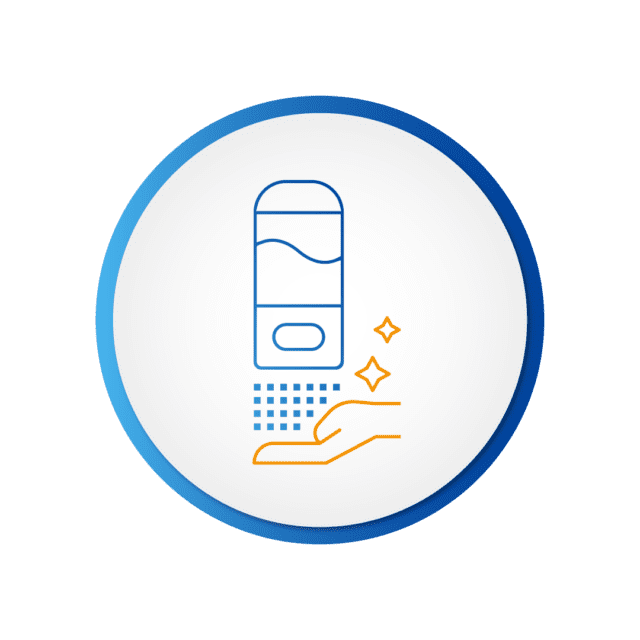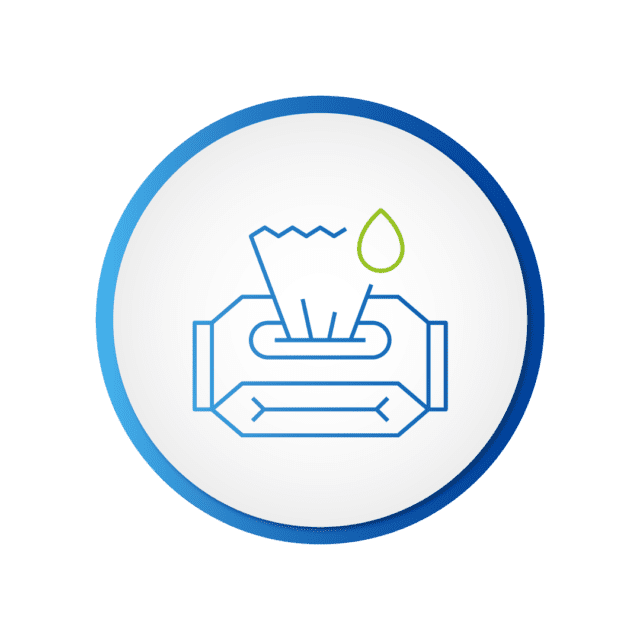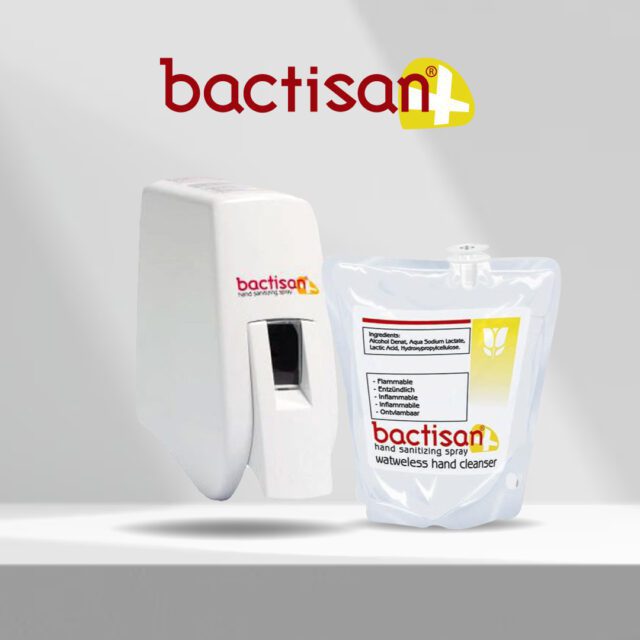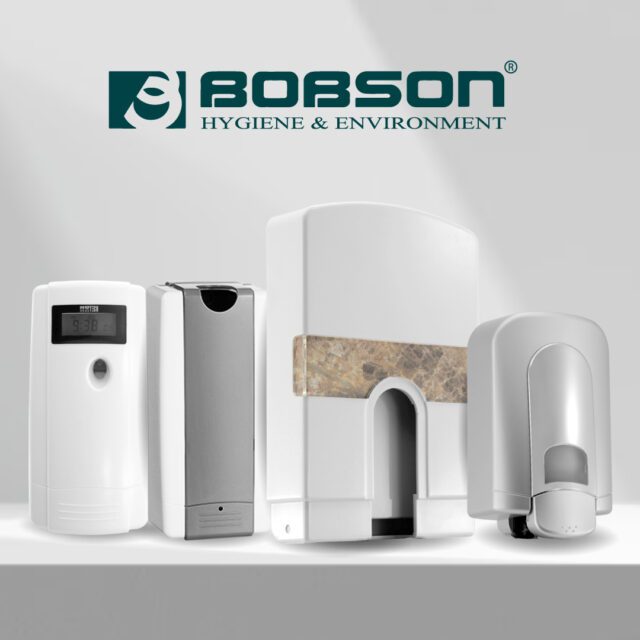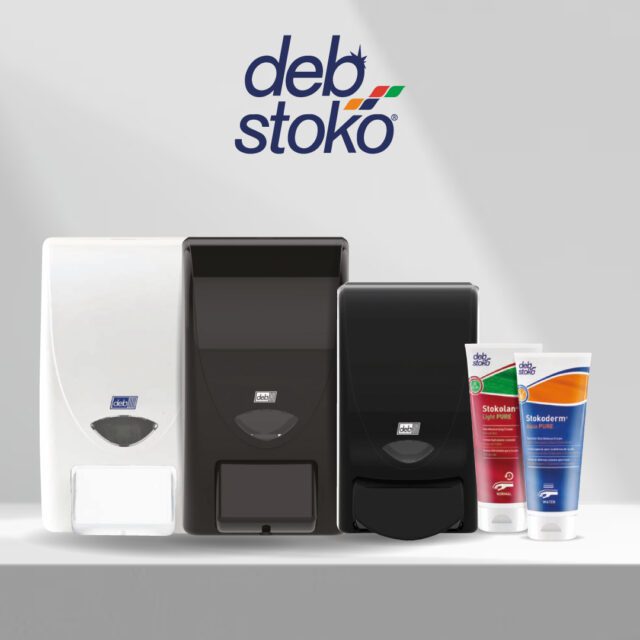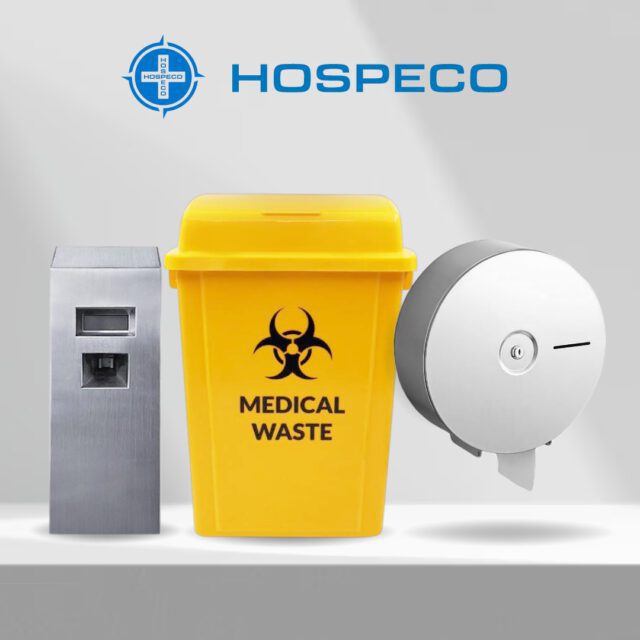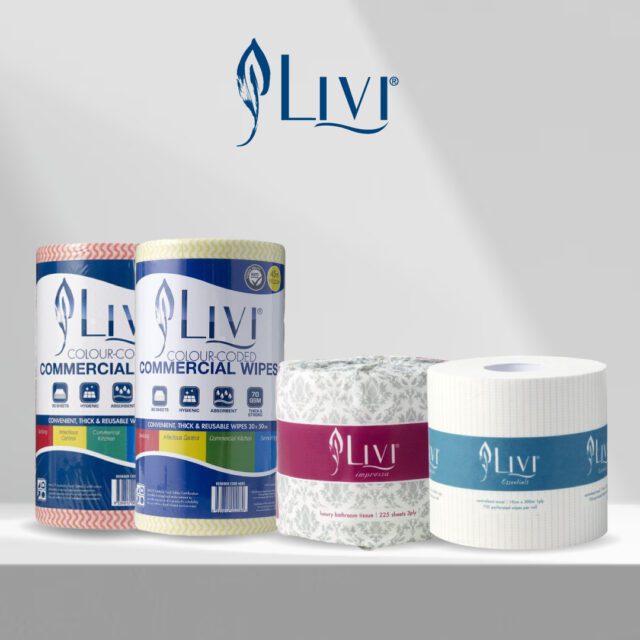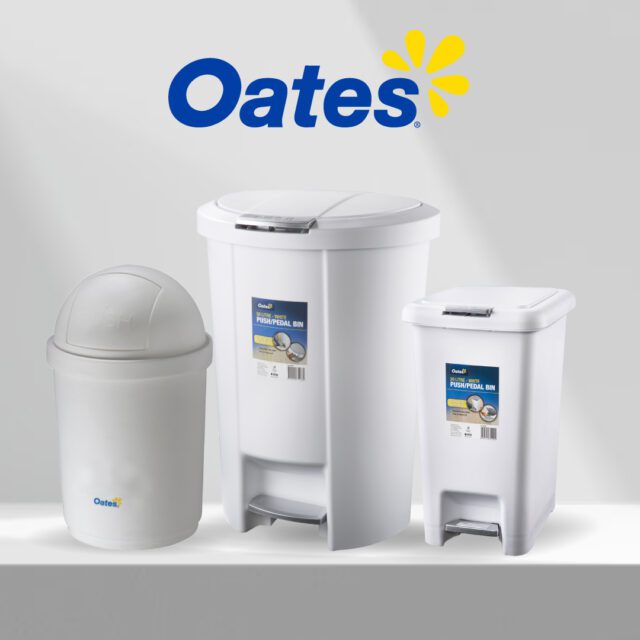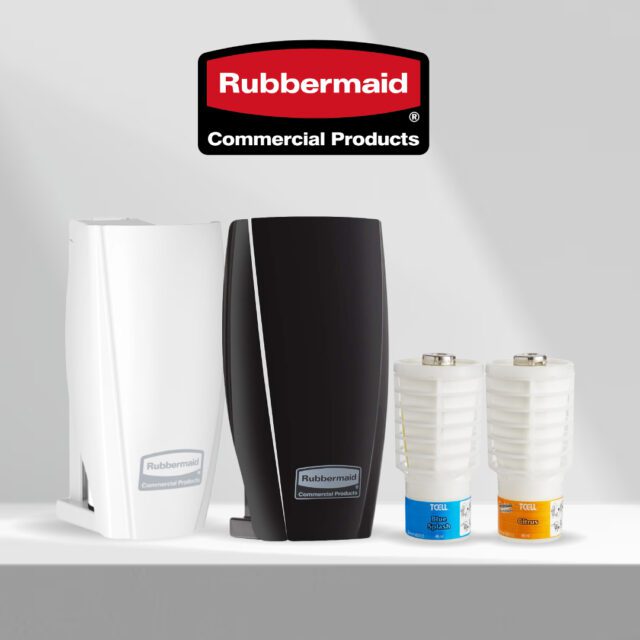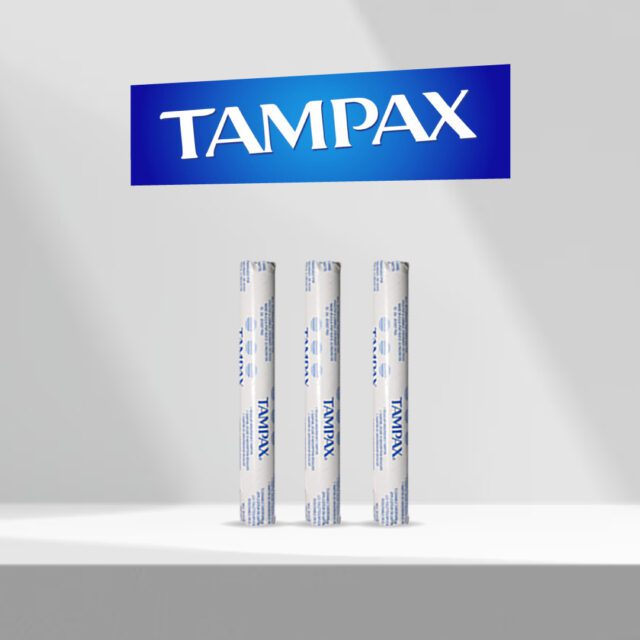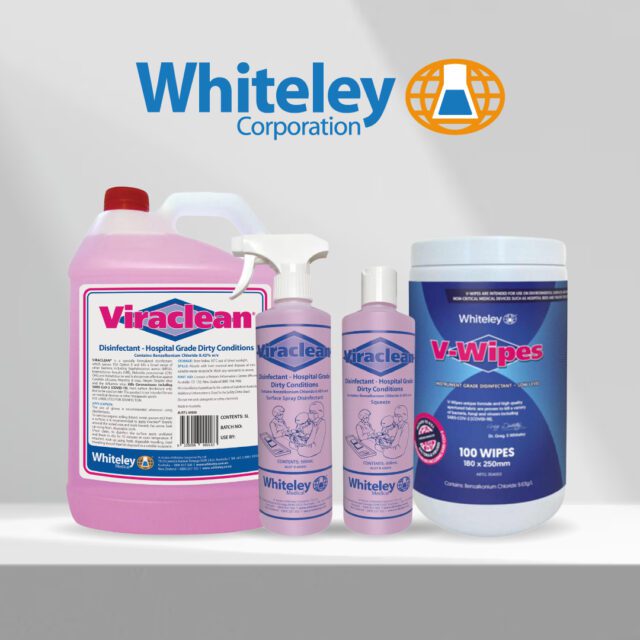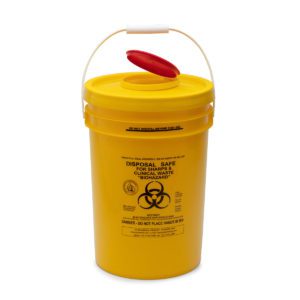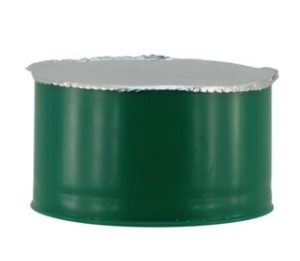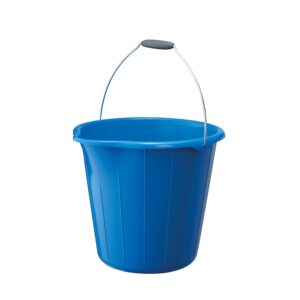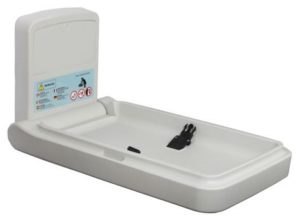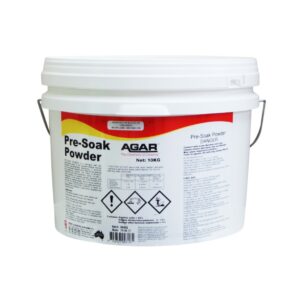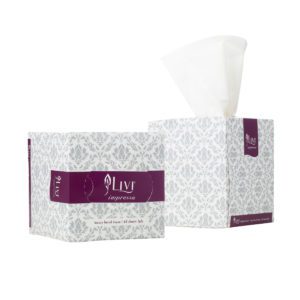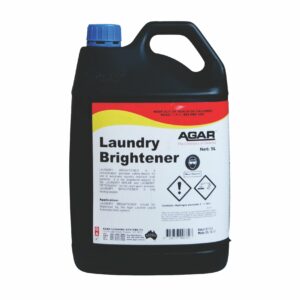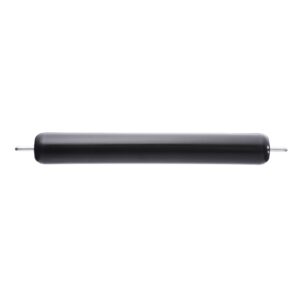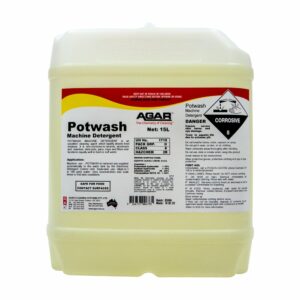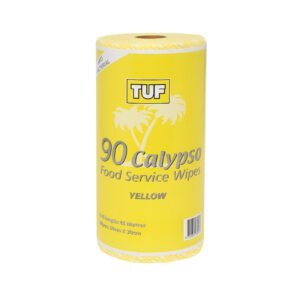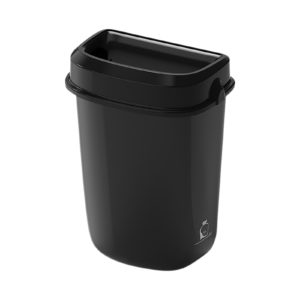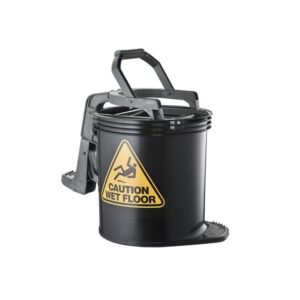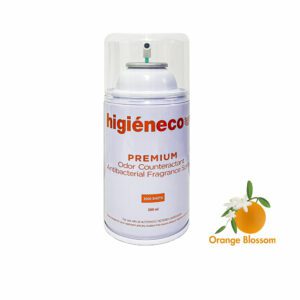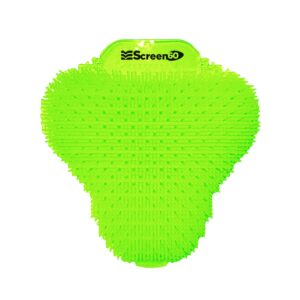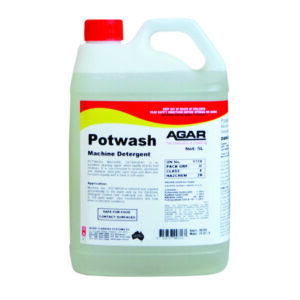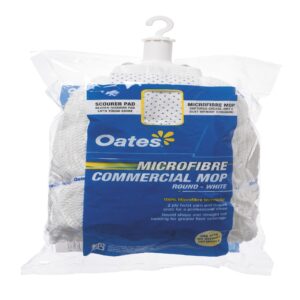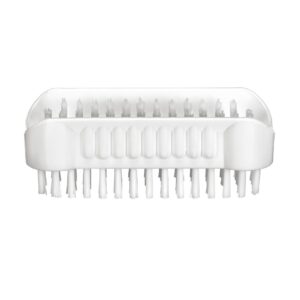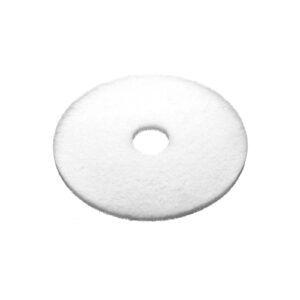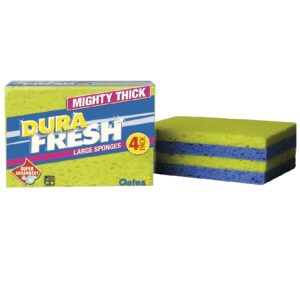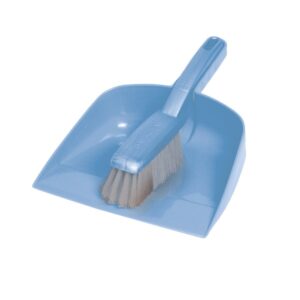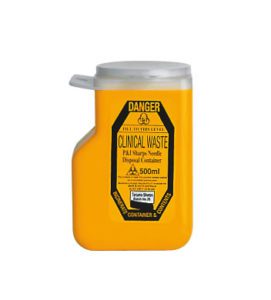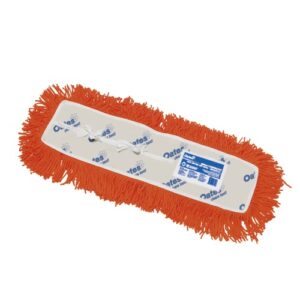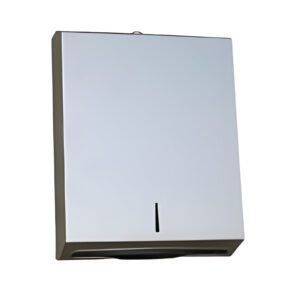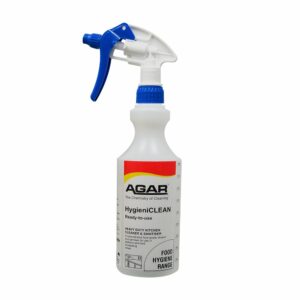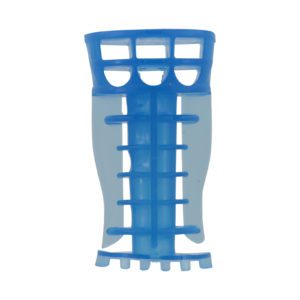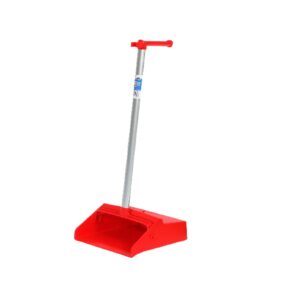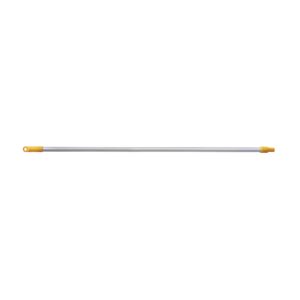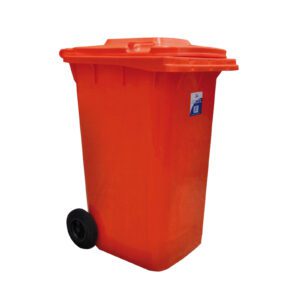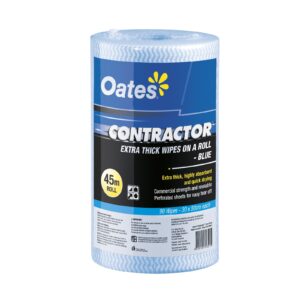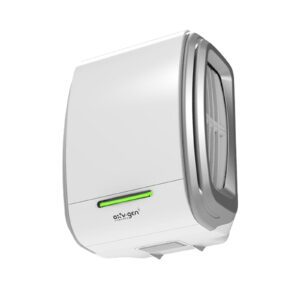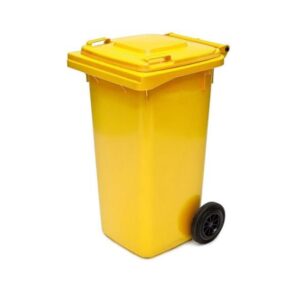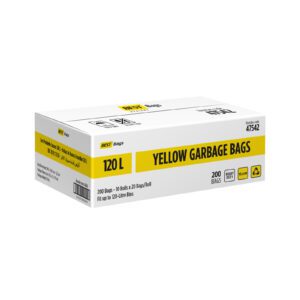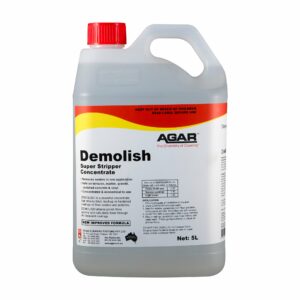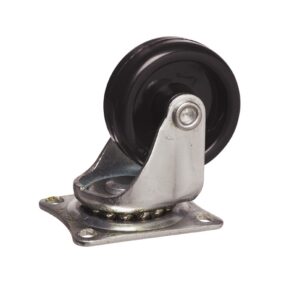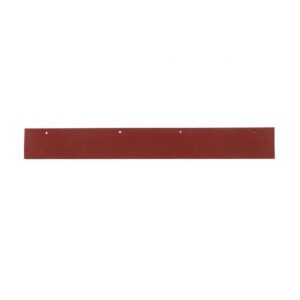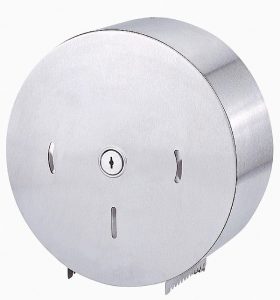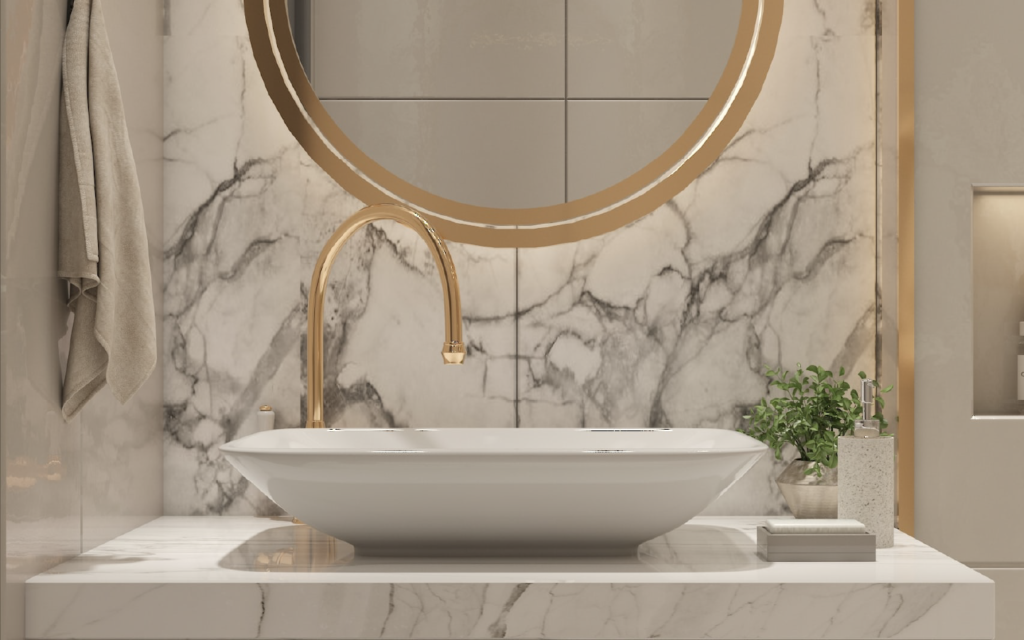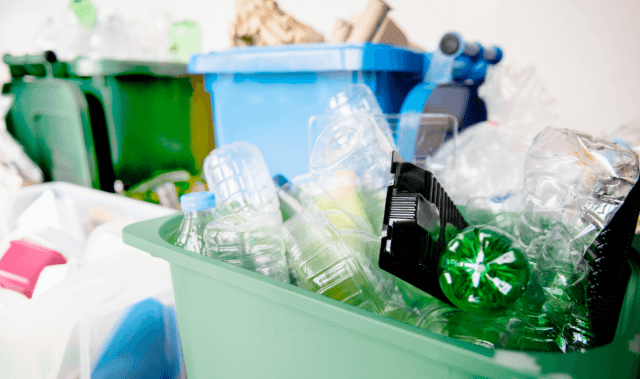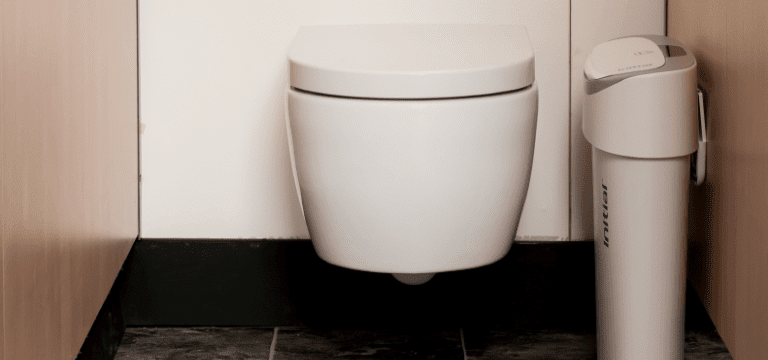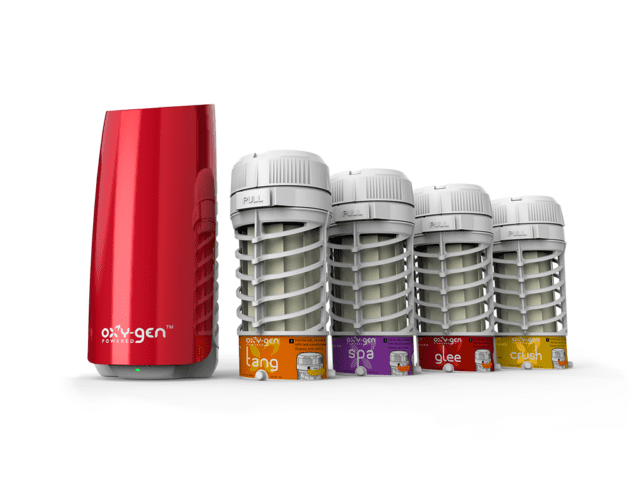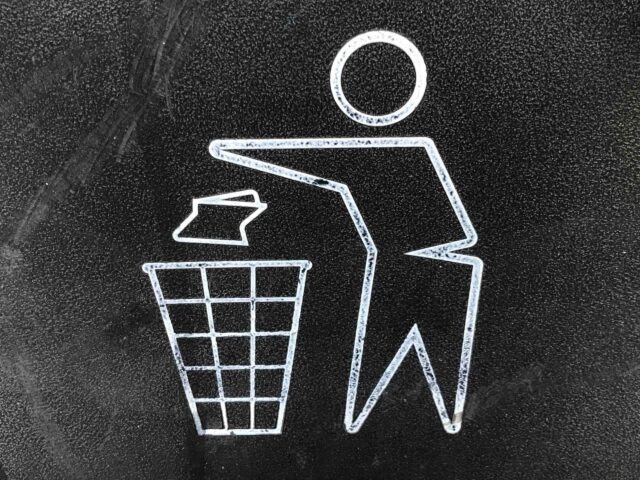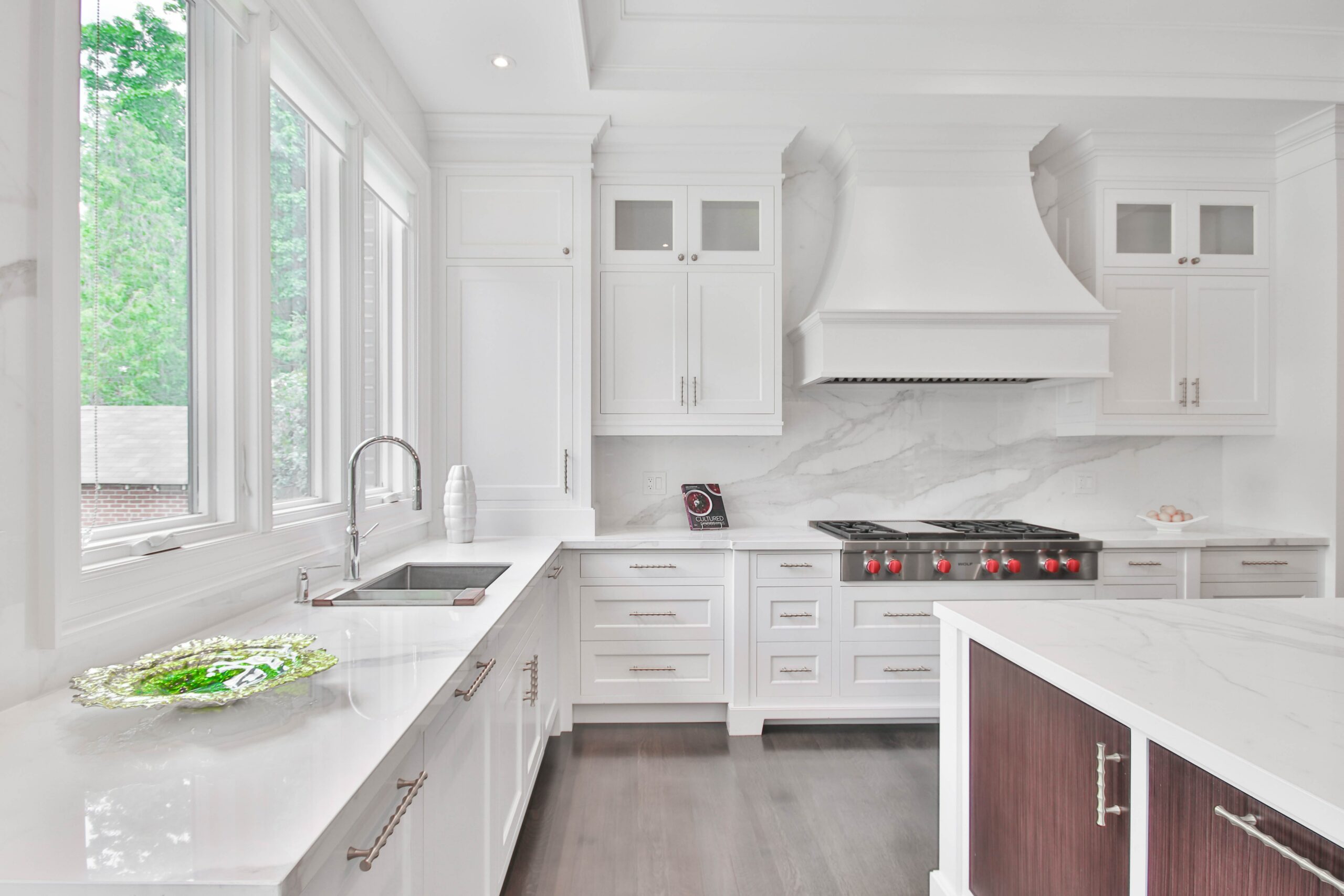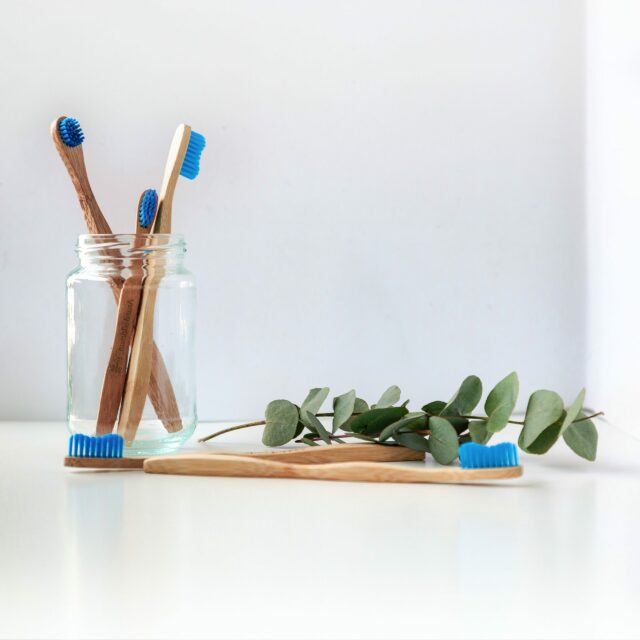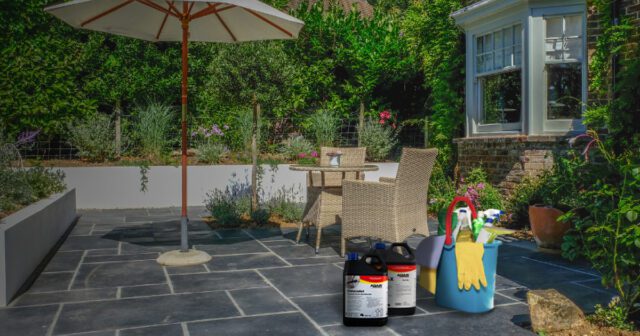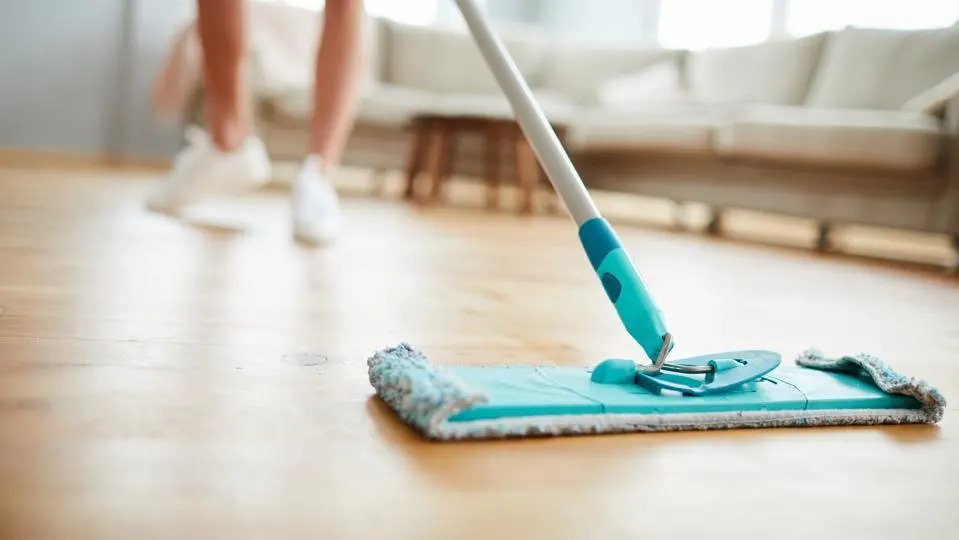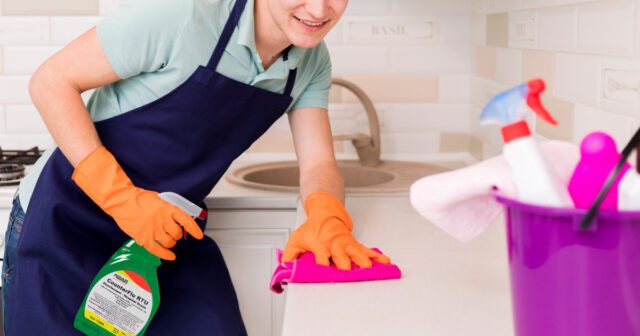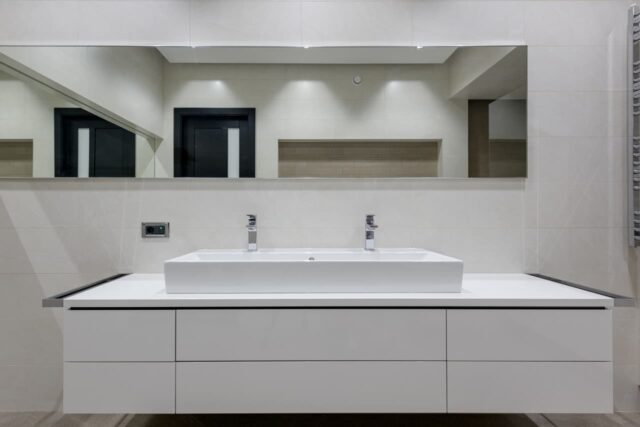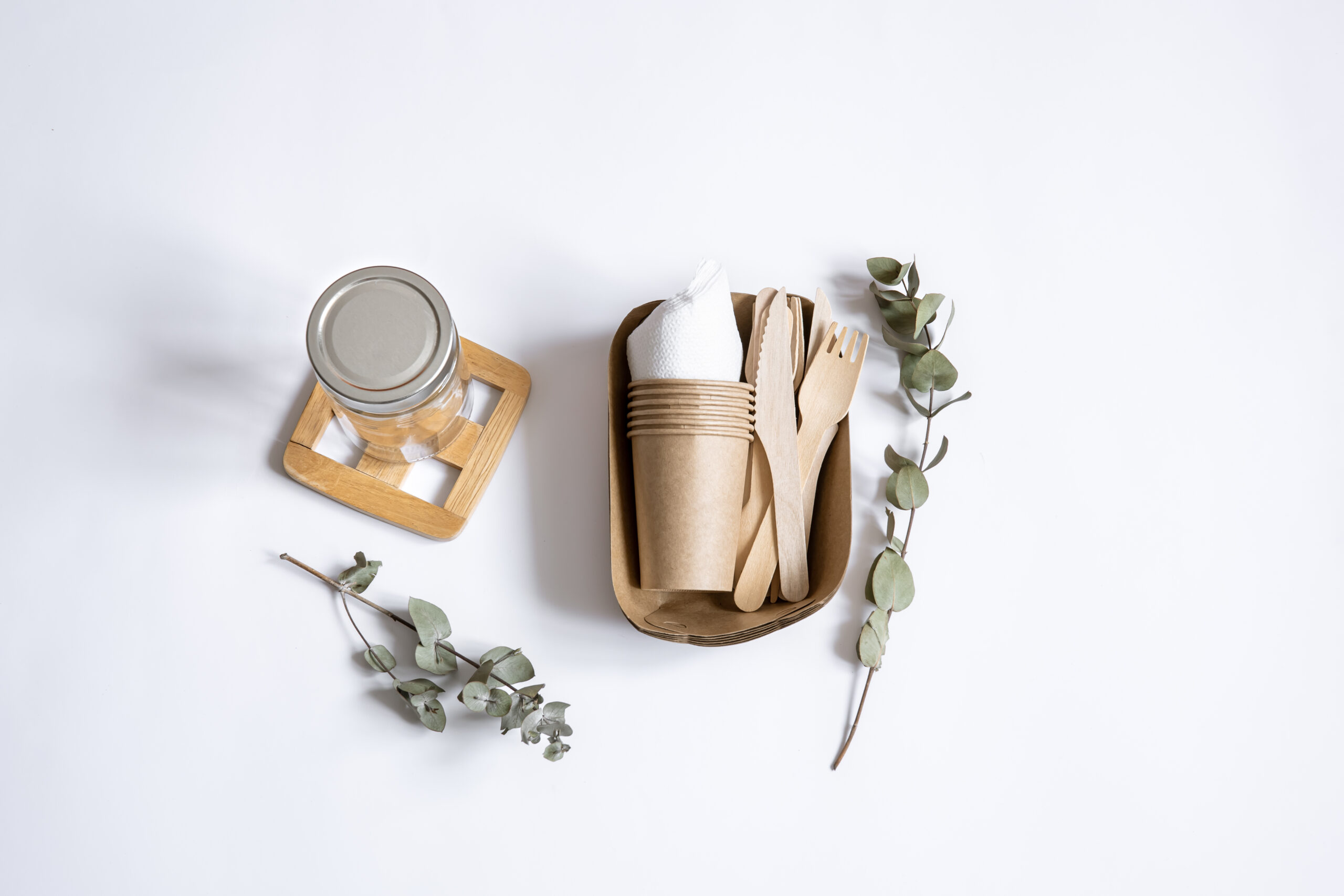Posted on 08/08/2023
How to Declutter Your Home: Tips for a More Organized Living Space
It’s said that a cluttered space equals a cluttered mind. As life continues to throw curveballs and responsibilities at us, it’s essential to have a haven where you can find peace. This is where the magic of decluttering comes into play. Of course, it is very important to maintain the pristine condition with home hygiene essentials or combat unpleasant scents with odour control tools, but you shouldn’t forget about decluttering. When you declutter your home, you aren’t merely organising items; you’re creating a sanctuary for rejuvenation and creativity.
Why is it Essential to Declutter Your Home?
Decluttering isn’t just an act of tidying; it’s an emotional and psychological reset. An accumulation of belongings, over time, can lead to a feeling of being overwhelmed and even trapped. Excessive items can create visual noise, leading to unnecessary stress and distraction. By eliminating clutter, you’re also reclaiming space—both in your physical environment and in your mind. This rejuvenated space can foster better mental well-being, improve focus, and even boost productivity.
The Importance of a Thought-out Plan
While the urge to declutter can strike spontaneously, success lies in strategy. Mapping out your objectives ensures you don’t spread yourself too thin or get sidetracked. Outline areas or rooms you intend to focus on and establish a timeline. Remember, it’s not just about figuring out how to declutter your home fast, but ensuring the changes are sustainable in the long run.
Five Steps to Declutter and Organize Your Living Space
1. Start Small: Often, the biggest deterrent to decluttering is the sheer scale of the task. By zoning in on a specific area, like a desk drawer or a bedside table, you experience the satisfaction of completing a task, fuelling motivation for bigger projects.
2. Categorize Items: A systematic approach to decluttering involves sorting your belongings. This not only gives you clarity about what you truly value but also makes the process efficient. It might also be an eye-opening experience to see how much we own versus how much we actually use.
3. Avoid Emotional Attachment: Our possessions often come with memories, making it hard to part with them. However, it’s essential to remember that memories reside in the mind, not objects. By releasing items, you’re not losing memories but making space for new experiences.
4. Implement Storage Solutions: Post-decluttering, organizing becomes crucial. Implement storage solutions that are not only functional but also aesthetically pleasing. Think creatively—shelves, baskets, and even digital solutions for documents and photos.
5. Maintenance is Key: Decluttering is not a one-off task. It’s a continuous process of evaluation. Regularly assess what you bring into your home and what you can let go of, ensuring your living space remains a sanctuary.
Quick Wins: How to Declutter Your Home Fast
For those seeking quick results or working with limited time:
- Set a Timer: Restricting your decluttering sessions can spur quicker decision-making. It also provides a sense of accomplishment within a short period.
- Enlist Help: Another pair of hands, or even just another perspective, can speed up the process considerably. Friends or family might also help you make those tough decisions about what to keep and what to discard.
- Stay on Track: Commit to a specific area and resist the urge to flit between spaces. A focused approach will yield faster results.
Decluttering Beyond the Interiors
Your decluttering journey shouldn’t halt at your front door. It involves creating a harmonious and organized living environment by addressing various aspects of your living space, daily routines, and mindset. For decluttering your home beyond just the interiors you may dive into cleaning your kitchen, making meal preparations a delight rather than a chore. Clear out expired food items from your pantry and fridge. Organize your kitchen by grouping similar items together and using storage solutions like bins and shelves.
Your outdoor space deserves love too. Don’t forget about your garage, backyard, and other outdoor areas. With the right outdoor cleaning techniques, you can create a relaxing oasis. Dispose of items you no longer use, and organize tools and equipment so you can easily find them when needed. And always choose garbage bags that are durable and eco-conscious for those discarded items.
Tools and Resources to Aid Your Decluttering Journey
Embarking on a decluttering journey can seem like an uphill battle. Fortunately, there are several tools and resources designed to facilitate this process, ensuring you can create a harmonious living space without the overwhelming stress. Here are some of the best tools and resources to help you on this transformative journey:
Decluttering Checklists:
- Simplify your decluttering process with detailed checklists that break down tasks room-by-room, ensuring you don’t overlook any area.
Physical Storage Solutions:
- Modular Shelving Units: Adaptable to various spaces, they can be adjusted based on your storage needs.
- Over-the-door Organizers: Utilize vertical space, especially in smaller rooms, to store items without consuming floor space.
Guides and Inspiration:
- “A Simplified Life: Tactical Tools for Intentional Living” by Emily Ley: Offers actionable steps to declutter various aspects of your life.
- Pinterest: A treasure trove of organizational hacks and decluttering tips tailored to diverse needs and spaces
Donation and Recycling Centers:
- Freecycle Network: A grassroots movement of people giving away stuff for free in their own towns. It’s all about reusing and keeping good stuff out of landfills.
- Earth911: Provides resources to find recycling solutions for various items, ensuring your decluttering is environmentally friendly.
The Eco-friendly Approach to Decluttering
In the age of consumerism, the culture of ‘use and throw away’ has become a norm. Decluttering often produces significant waste. Properly managing your household waste ensures you’re eco-friendly. However, there’s an eco-conscious shift taking place, with more individuals seeking sustainable ways to manage their belongings. Repurposing and upcycling are at the forefront of this movement, transforming what might be considered ‘waste’ into something functional and even aesthetically pleasing. Let’s delve into this eco-friendly approach to decluttering.
Understanding Repurposing and Upcycling
- Repurposing: This involves using an item for a different purpose than for what it was originally intended. For example, turning an old ladder into a bookshelf.
- Upcycling: This is about creatively transforming an old or discarded item into something of higher quality or value, usually with a new function. For instance, transforming old T-shirts into quilts or rugs.
Benefits of Repurposing and Upcycling
- Environmental Conservation: Repurposing and upcycling reduce the need for raw materials, cutting down on deforestation, mining, and other resource-intensive activities.
- Waste Reduction: These practices mean fewer items end up in landfills, aiding in waste management and reducing environmental pollution.
- Economic Advantages: Instead of buying new, you save money by giving old items a new lease on life. Additionally, upcycling can become a source of income if you sell your creations.
- Unleashing Creativity: Repurposing and upcycling challenge you to think outside the box, honing your creative skills.
Mastering how to declutter and organise your home is more than just a home improvement task; it’s a transformative journey toward mental clarity and well-being. In our fast-paced world, the spaces we inhabit directly influence our peace and productivity. By learning how to declutter and organise effectively, we not only create a serene living environment but also gift ourselves the mental space to thrive. Embrace this journey, and watch how a decluttered home can pave the way for a decluttered mind.

